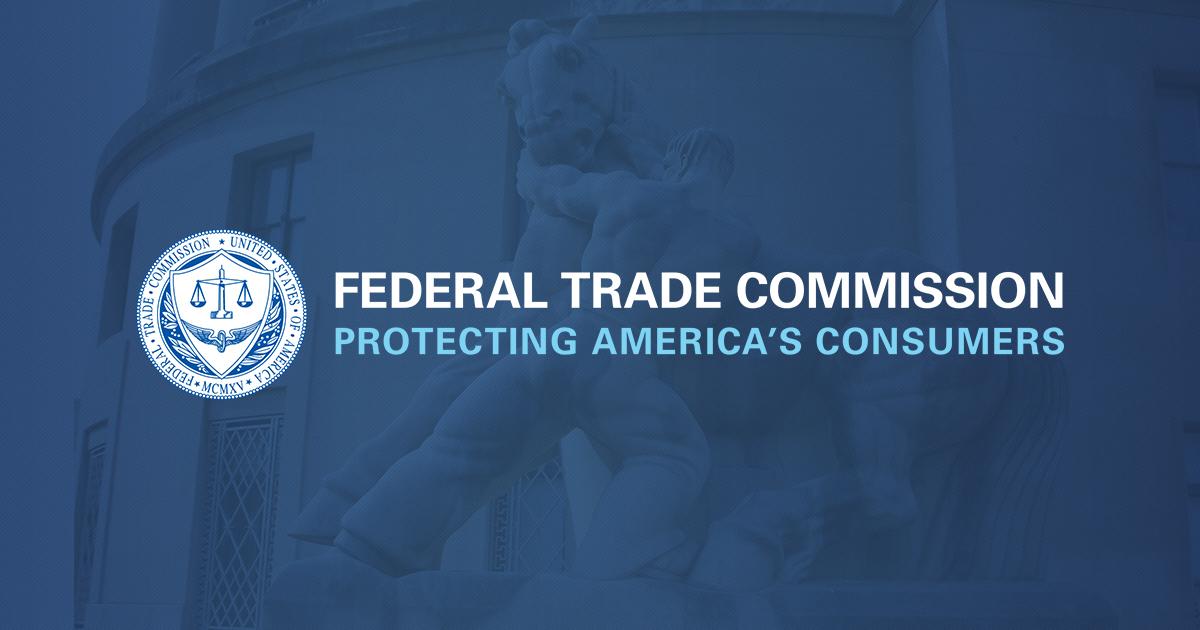IMO, it should be two rounds. The first (the "primary" round) should be ranked choice voting to pick the top two and the second should be majority vote between these final two choices.
Technology @lemmy.world This month in Servo: console logging, parallel tables, OpenXR, and more! - Servo, the embeddable, independent, memory-safe, modular, parallel web rendering engine
politics @lemmy.world U.S. urges Israel against Gaza ground invasion, pushes surgical campaign
politics @lemmy.world U.S., in policy switch, urges humanitarian pauses in Gaza
Showerthoughts @lemmy.world Asking Palestinians to say that Israel has a right to exist is like asking Native Americans to say the USA has a right to exist. What about Israel exists and has the right to continue to exist?
New Communities @lemmy.world Two new communities on Lemmy.world geared towards starting collective movements and organizing collective action: !movement and !organize
Start a Movement! @lemmy.world An example of movement that can be started here on Lemmy: Petitioning the FTC, DOJ, and the European Commission to address the anticompetitive practices of Google with its Chrome browser
Technology @lemmy.world In light of articles all over Lemmy about Google pushing ManifestV3 onto Chrome and the majority of web users, isn't that an antitrust violation?




It's mostly the color of the light that's the problem right? Our brains register the cooler light in the contrasting darkness as blindingly bright as opposed to warmer incandescent light, despite both lights having the same measured brightness (lumens).